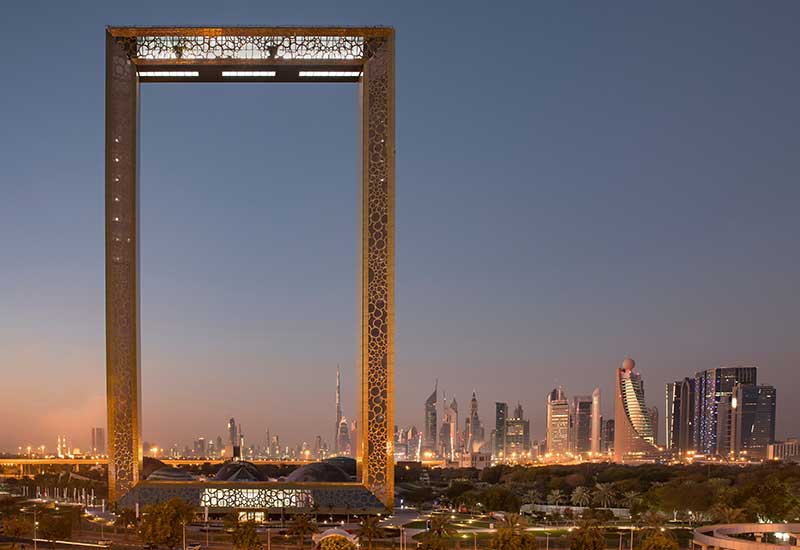Gloria Hotel Dubai’s general manager Freddy Farid also reports a dip within different months in 2017: “There was a drop in occupancy level and ADR. Dubai hotels and hotel apartments had a huge gap between RevPAR during summer and non-summer months in 2017.” And he attributed it to challenges most hoteliers in Dubai are facing — more supply but same or low demand.
Nobbs agrees stating that added supply brings forth new pressures to the existing labour market in hospitality. “New hotel openings mean potentially new career opportunities for existing colleagues which can also work for us positively in that we can transfer and promote our team within our hotel. However this adds pressure to the labour market and finding good, qualified candidates is proving more difficult,” Nobbs explains.
“The new supply also means sales teams now really earn their income, having to fight for each piece of business and work not just on discount but looking at what else will close the sale,” Nobbs adds.
And digitally, Nobbs points out OTAs are going through a “transformation period,” with both consolidation — for which Nobbs cites the recent merger of GTA and Hotelbeds in Q4 of 2017 — as well as direct connectivity, which he believes is changing the way hoteliers and hotel operators look at distribution.
Emaar on the other hand, which currently operates 11 hotels and three serviced residences in Dubai under three brands — Address Hotels + Resorts, Vida Hotels and Resorts and Rove Hotels — reported an uptick in occupancy compared to the emirate’s reported average for 2017.
“Emaar’s hospitality and leisure, commercial leasing and entertainment businesses recorded revenues of $741 m (AED2.722 billion) in 2017. Groupwide, we recorded an average occupancy of 79% in 2017, higher than Dubai’s industry average,” Harnisch reports.
Hospitality Management Holding (HMH) CEO Ferghal Purcell believes the increased hotel supply influences other factors. “Not only will the amount of new hotel supply continue to influence Dubai’s average daily rates, the type of new hotel supply entering the market will create a shift in the pricing landscape, with more offerings in the mid-scale segment,” Purcell notes.
Meanwhile, AccorHotels’ Fairmont Dubai general manager Ammar Hilal credits the property’s long-term presence on Sheikh Zayed Road for the past 16 years for the hotel’s consistent performance in 2017.
“Being an anchor on Sheikh Zayed Road for so many years, we have consequently witnessed a consistent, stable year, despite the increase in new hotel inventory. Occupancy levels have gone up throughout the whole city, led by the GCC, India, UK and German markets, as they are still delivering more than 40% of Dubai’s inbound traffic,” Hilal explains.
As for the hospitality landscape, Dubai remains an upscale to luxury positioned hotel market according to Colliers International. Approximately 50% of supply that entered the market in 2017 comprises five-star hotels.

| Advertisement |









 Search our database of more than 2,700 industry companies
Search our database of more than 2,700 industry companies









